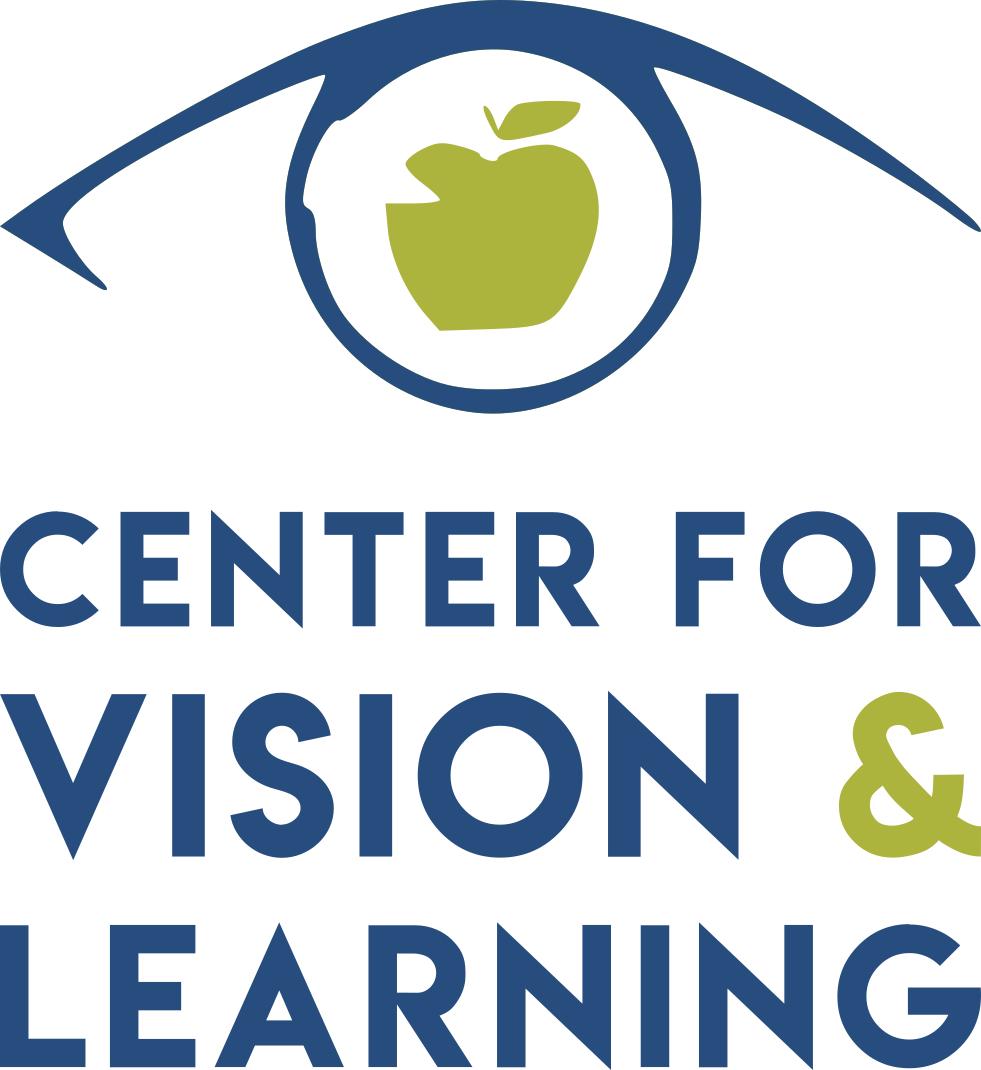Have an IEP? You might want to get your eyes checked!
At our office, we believe every single school-aged child should have an eye examination every year. We know that even children who love to read and are avid readers can have vision problems that can make the act of reading more tedious than it should be.
However, if your child has an IEP (Individualized Educational Plan) for reading problems, that recommendation is now even stronger.
Here’s why—a research article, entitled Frequency of Visual Deficits in Children with Developmental Dyslexia, published in 2018 by the Journal of the American Medical Association showed that 80% of impaired readers in their study had visual problems when compared to children with normal reading abilities.
Here are the three areas of visual dysfunction the study looked at:
· Binocular Vision (ability of the eyes to work together as a team)
· Oculomotor (ability of each eye to track and move properly)
· Accommodation (ability of each eye to focus from near-to-far)
Essentially, the study shows that it’s important for the eyes to TRACK, TEAM, and FOCUS.
It sounds simple. But, in this group of poor readers, overwhelmingly these skills are deficient.
Now, here’s what we know about these areas of vision. Many traditional eye examinations do not look very closely at things like tracking, teaming and focusing in a pediatric population. If your eye exam consists of looking at your clarity of sight at distance, checking for glasses in the distance, but time is not spent looking at your vision up close, then these three areas of vision aren’t even being checked.
Having your eyes dilated is very important in knowing if the eyes are healthy, but if the bulk of your eye exam is done with your eyes dilated, then tracking, teaming, and focusing cannot be properly assessed.
This research shows that any child who is struggling in school, especially in reading should have a Comprehensive Developmental Vision Examination. This means checking for glasses and making sure the eyes are healthy, but also spending a significant part of the exam looking at your child’s visual abilities at near.
Here are questions you can ask your eye doctor, if you want to know if you’re getting the type of exam recommended by this research study:
1. Are you comfortable examining children?
2. Do you do any of your testing at nearpoint?
3. Do you test for eye teaming, tracking, and focusing?
4. What types of testing do you perform for oculomotor skills? Different eye movement tests might be called the Developmental Eye Movement Test, the King-Devick screening, or a computerized device called the Visagraph or the RightEYE.
5. Are you a developmental optometrist?
All of our doctors at the Center for Vision & Learning specialize in helping students read and learn to the best of their abilities. We are passionate about helping find and helping as many of the 80% as we can, so they can become better readers and achieve at their potential.
For more information about the impact of vision on learning, consider these websites:
www.visionandlearningproject.com
